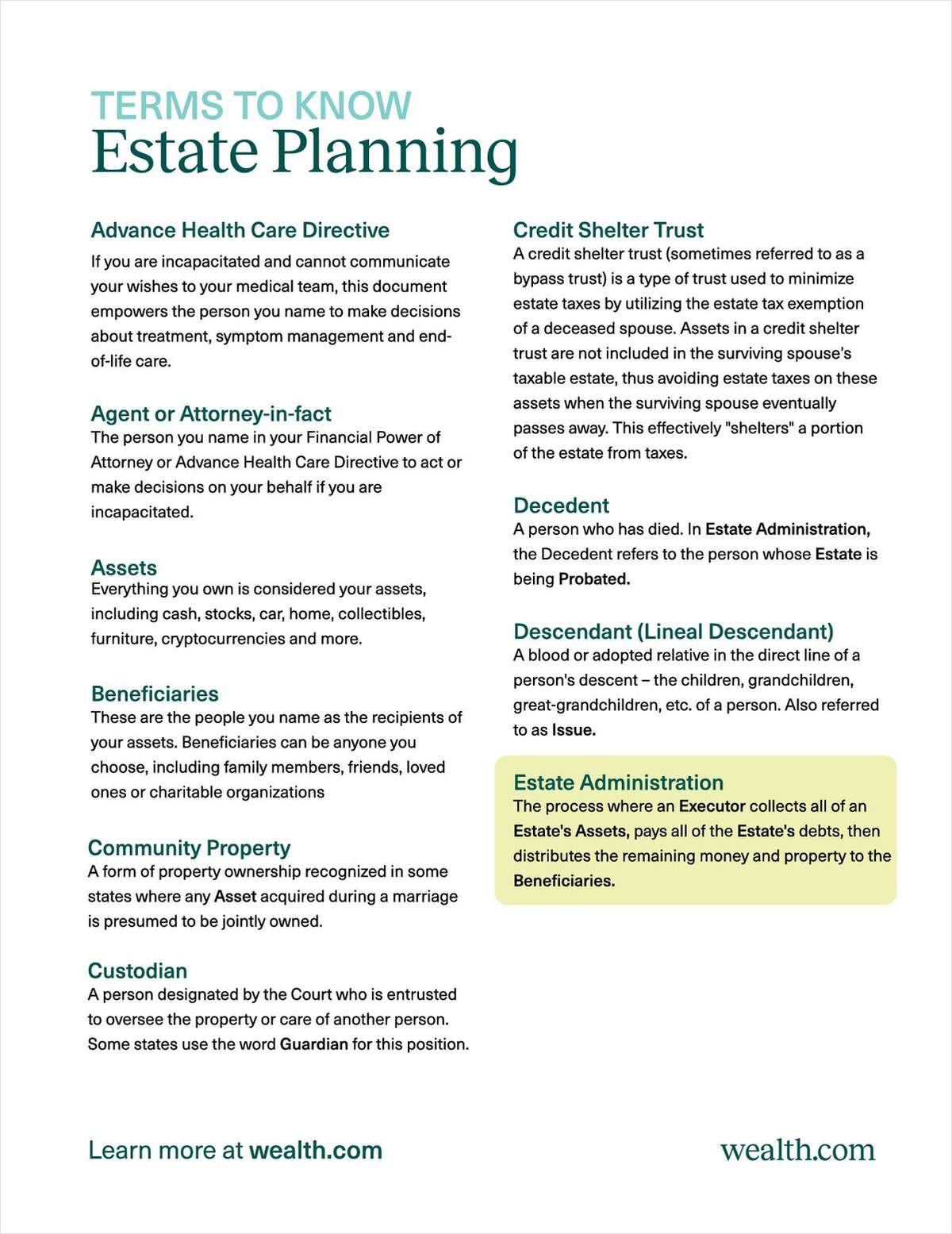WASHINGTON BUREAU — The release of a relatively moderate health reform bill by Senate Finance Committee Chairman Max Baucus could change the tone of the health reform effort over in the House.
John Greene, a vice president at the National Association of Health Underwriters, Arlington, Va., said he and others hope the unveiling of the Baucus America's Healthy Future Act draft will set the stage for House lawmakers to draft a bill that would be more acceptable to insurance groups and other business groups than the current House bill is.
Baucus, D-Mont., has proposed imposing a 35% excise tax on insurers and plan administrators that sell "high-cost" health insurance plans, and he also has proposed banning medical underwriting, banning pre-existing condition exclusions and capping flexible spending account contributions at $2,000 per year.
The AHFA draft also would require most individuals to own health coverage.
But Baucus is calling for use of nonprofit co-operative health plans rather than the government-run, "public option" plan included in the other major health reform proposals, and he left out any direct requirement for employers to buy health coverage. He would let plans vary premiums based on an enrollee's age and tobacco use.
The Senate Finance Committee could begin to use the Baucus proposal as the basis for legislative drafting Monday. The panel hopes to complete work on the bill by Thursday, Greene says.
For health insurance agents, one critical issue is the reach of the health insurance co-ops, Greene says.
In the co-op system Baucus is proposing, a worker at an employer with a group health plan could join a co-op if the cost of the group plan exceeded 13% of the worker's income.
"We feel that, if someone is offered private insurance, they should not be given access to a co-op or even an exchange that will also offer lower-cost coverage," Greene says.
"If too many people aren't included in a group, it will raise the cost of coverage to all others to an unacceptable level," Greene says. "Moreover, it will also raise the cost of insurance to the government."
Greene says agents also want to ensure that there is an appropriate transition to the individual mandate that will require everyone to get insurance and will provide marketing opportunities for agents.
"There needs to be an enforcement mechanism to ensure compliance with the individual mandate," Greene says.
Another producer group, the Council of Insurance Agents and Brokers, Washington, is "encouraged that the government option is not included" in the Baucus health reform draft, says Joel Kopperud, the CIAB's government relations director.



